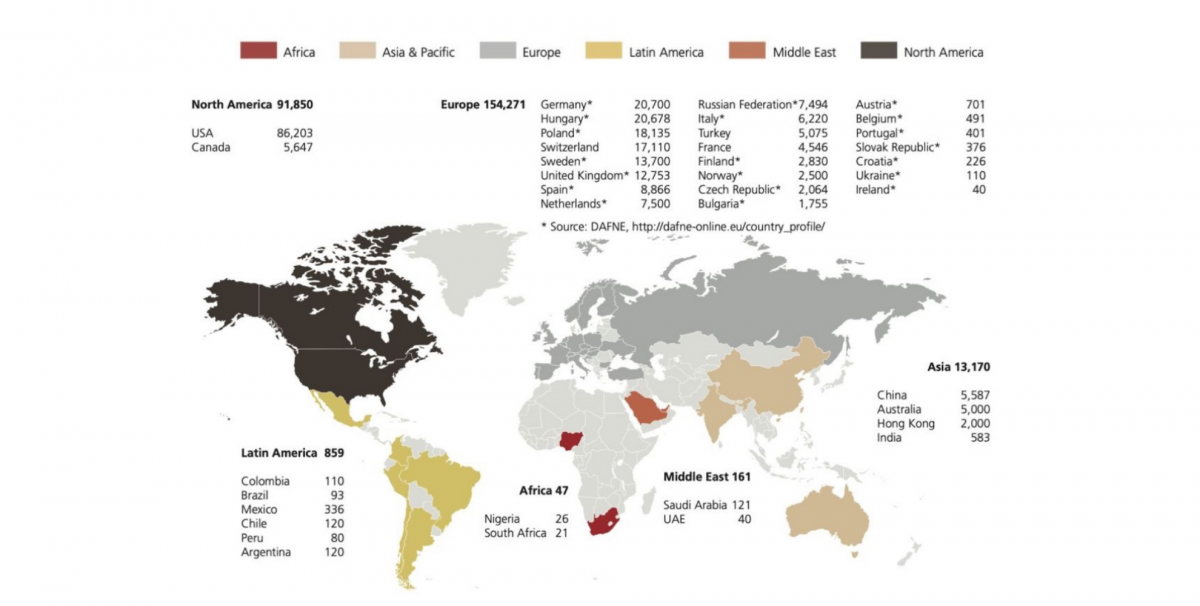The concept of localization has gained significant relevance in the global philanthropy landscape, especially in recent years. However, for this localization to be effective and not merely symbolic, it is imperative that resources are truly transferred to the Global South, where many of the world’s most severe social and economic challenges are concentrated.
The Global Philanthropy Report shows that most large foundations and philanthropic capital remain concentrated in the countries of the Global North, particularly in Europe and North America. In fact, 60% of global philanthropic assets are located in the United States, and another 37% in Europe, leaving only a small percentage in other regions, such as Africa and Latin America. This disparity in resource distribution is a wake-up call: while foundations and organizations in the North continue to be the main actors, communities in the Global South, which are the most affected, still do not receive the necessary funds to address their local challenges.
To achieve true localization, it is not enough to talk about the importance of local empowerment; financial resources, strategic decisions, and execution capabilities must also be transferred to the South. The concentration of foundations and capital in the North, and the resulting lack of resources in the most needed regions, perpetuates a dependency structure that runs counter to the spirit of localization.
The urgency of equitable redistribution
Global foundations must reconsider their funding models. Large foundations need to adopt approaches that allow the direct transfer of funds to local organizations in the Global South, ensuring that these organizations have the resources necessary to lead sustainable solutions within their own context. However, currently, 90% of global philanthropic assets are concentrated in the wealthiest countries, limiting the capacity of organizations in the South to generate large-scale change.
It is time for foundations and actors in the Global North to recognize this inequality and act accordingly. Localization should not just be a slogan but a real commitment involving the redistribution of resources to achieve a genuine impact in Southern communities. Only then can we move towards a more equitable and truly collaborative philanthropy model, where local organizations have the control and necessary means to tackle the challenges that directly affect their communities.

